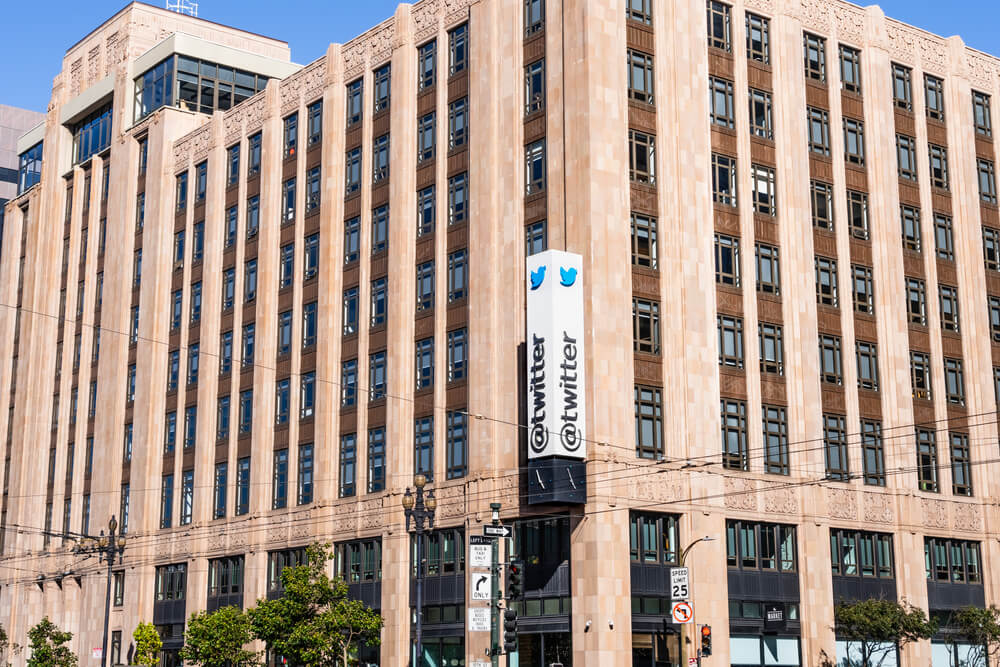Twitter Continues Work To Improve Online Civility

Twitter is not the only social media platform that has come under criticism for toxicity issues. Facebook and other social media companies are also under pressure to address problems of toxic content and false information on their platforms.
Twitter CEO Jack Dorsey recently asked the public how they think the platform could be made more civil. Since that point, the company has reviewed in excess of 230 proposals and has also made other changes to reduce toxicity and to improve user experience. The changes include the addressing of ‘Spam’ and ‘Fake’ accounts as well as adjusting the reporting tools to make them easier to use when flagging abuse and harassment.
Twitter are continuing to address this issue and have recently embarked on a new study, working with academics and researchers to look at ways the platform can measure the health of discourse within the platform, as part of a broader goal to clean up its service. The aim is to identify types of ‘uncivil discourse’ that could lead to hate speech or abuse, and to find where these toxic narratives originate.
“If we are going to effectively evaluate and address some of the most difficult challenges arising on social media, academic researchers and tech companies will need to work together much more closely.”
Rebekah Tromble, Assistant Professor of Political Science at Leiden University
Twitter are hoping to achieve this goal by working with a group of academics, led by researchers from Leiden University, to assess levels of users acknowledgment and engagement with diverse viewpoints. A second study will provide information on incivility and intolerance around these viewpoints, as both feature prominently in political dialogue, hate speech and toxic behaviours.
“Communication between people from different backgrounds is one of the best ways to decrease prejudice and discrimination. We’re aiming to investigate how this understanding can be used to measure the health of conversations on Twitter, and whether the effects of positive online interaction carry across to the offline world.”
Miles Hewstone, Professor of Social Psychology at Oxford
Twitter is not the only social media platform that has come under criticism in regards to toxic content and false information. Facebook and other social media companies have also received similar complaints from governments around the world who want to see social media platforms take more responsibility in protecting users from fake news and online abuse.
If you are affected by any kind of online negativity, we can help you. Visit our Cyberbullying Help Center or click on the blue logo icon at the bottom right of the screen to open Cybersmile Assistant, our smart AI support assistant. For further information about Cybersmile and the work we do, please explore the following suggestions:
- Who Are Cybersmile?
- People We’ve Helped
- Cybersmile 2019 Campaign And Activity Highlights
- Cyberbullying And Online Abuse Help Center
- The Cybersmile Conversation (Allow a few seconds to load, but worth the wait!)
- World Leaders And Technology Companies Pledge To Fight Online Hate Speech
- Cybersmile And Claire’s Partner For Bullying Prevention Month Campaign
- Body Confidence Influencer Chessie King Announced As Official Cybersmile Ambassador And Media Spokesperson
- Studies Reveal Stark Contrast Between Teenage Male And Female Cyberbullying Incidents
- Cybersmile Campaigns
- Cybersmile Publishes National Banter Or Bullying? Research Report
- What We Do
- Cybersmile Gaming
- New Three-Digit Mental Health Emergency Hotline Set To Launch Across U.S.
- Catching Up With Zoe Sugg To Discuss Life Online
- Cybersmile And Instagram Announce Anti-Bullying Campaign: Banter or Bullying?
- Cybersmile Publishes National Millennial And Gen Z Study Of Attitudes And Perspectives Toward Social Media Platforms
- Florida Mandates Mental Health Learning In Schools
- Stop Cyberbullying Day 2019 Highlights
- Cybersmile And Rimmel Launch Groundbreaking AI Support Assistant
- Gaming Help Center
- Cybersmile Launch Interactive Digital Civility Learning Platform
- Understanding Social Media And Mental Health
- Cybersmile Wins Gold At Cannes Lions For Body Positivity Campaign
- Cybersmile To Make All Educational Workshops Completely Free For Everybody
- Corporate Partnership Program
- Cybersmile Newsroom
- Become A Cybersmile Sustainer
What do you think about Twitter’s commitment to improving user experience on the platform? Share your thoughts by contacting us or tweet us @CybersmileHQ.

